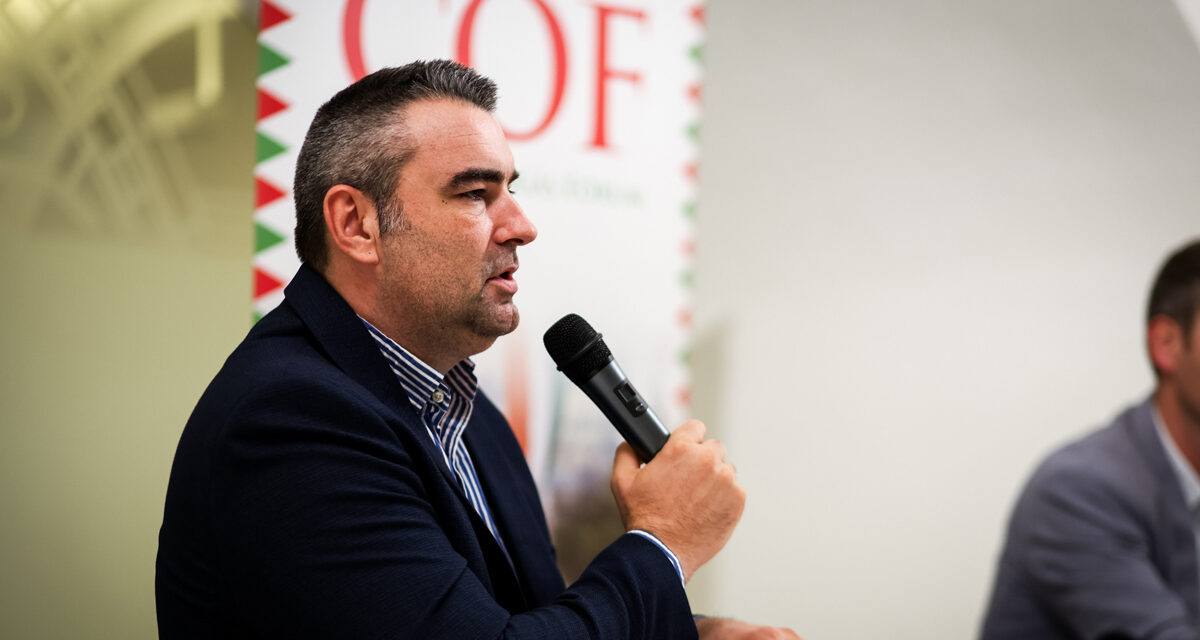The new law applies to everyone from the first day of January.
From January 1, you can even go to prison for writing aggressive, threatening comments - pointed out Zoltán Lomnici Jr., scientific director of the Századvég Institute, spokesperson of CÖF-CÖKA, general secretary of EuCET on public television.
In mid-December, the parliament voted on the law, which was passed because of the increase in such fear-inducing, hateful expressions that violate human dignity and lack all respect. And the digital world also makes room for comments wishing for the death of others behind facelessness to reach the masses - it was said in the broadcast.
The new regulation is only meant for the future, it has no retroactive effect, pointed out junior Zoltán Lomnici. The constitutional lawyer said that
if the intention or desire of a violent, death-related or especially cruel act is expressed in a digital post, then it becomes a fact,
even if no other crime is committed. The target of a hateful post does not have to be a public figure, state leader or celebrity in order to commit a crime.
Human dignity is inviolable, and the Basic Law itself says so, emphasized the expert.
The constitutional lawyer previously said: it is considered preparation for murder if someone makes a death threat in a text message or writes in a Facebook post that they are planning a murder and others in their environment find out about it. The scientific director of the Századvég Institute pointed out that the Criminal Law Unitary Decision of the Kúria established that in order to be convicted under criminal law, it is not necessary for the person sending the message to be entrusted by someone else with the commission of the act.
"It is also sufficient if the affected person himself decides to share his intentions with others," Lomnici pointed out, then added: based on the decision, the perpetrator is equally responsible if he acted with encouragement or if he threatened on his own initiative. Those who have reached the age of 14 at the time of the offense can usually be held responsible.
Although public opinion is often more permissive in relation to internet interfaces, such as social media and online media, and those who make statements - in response to criticism leveled against them - refer to freedom of speech and the press, in fact the same applies to them in this regard as to those who express an opinion in a public space personally - pointed out the younger Zoltán Lomnici.













